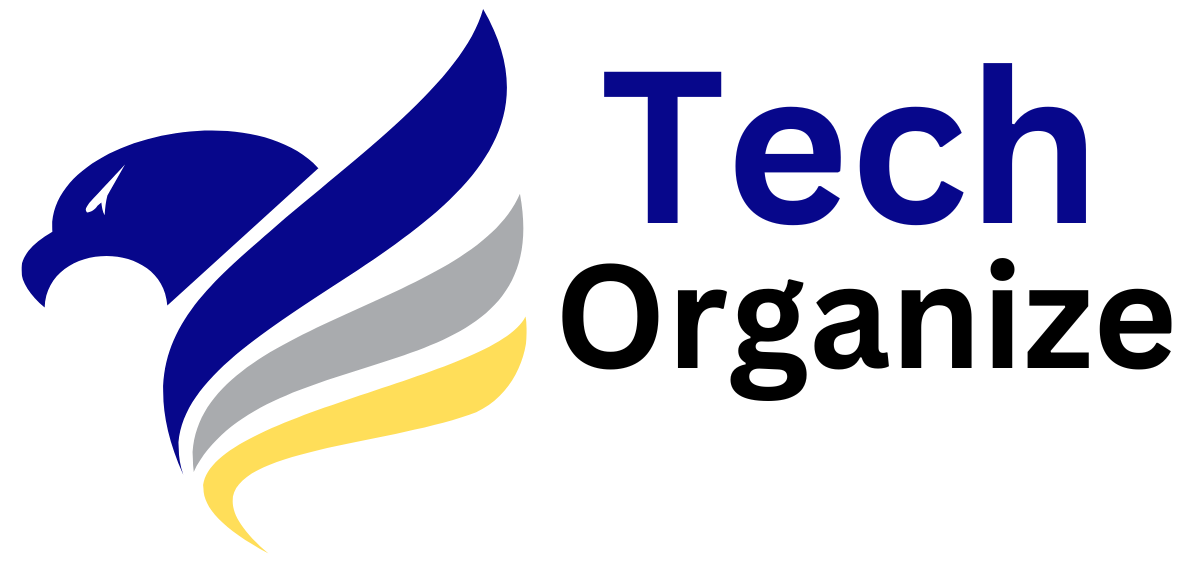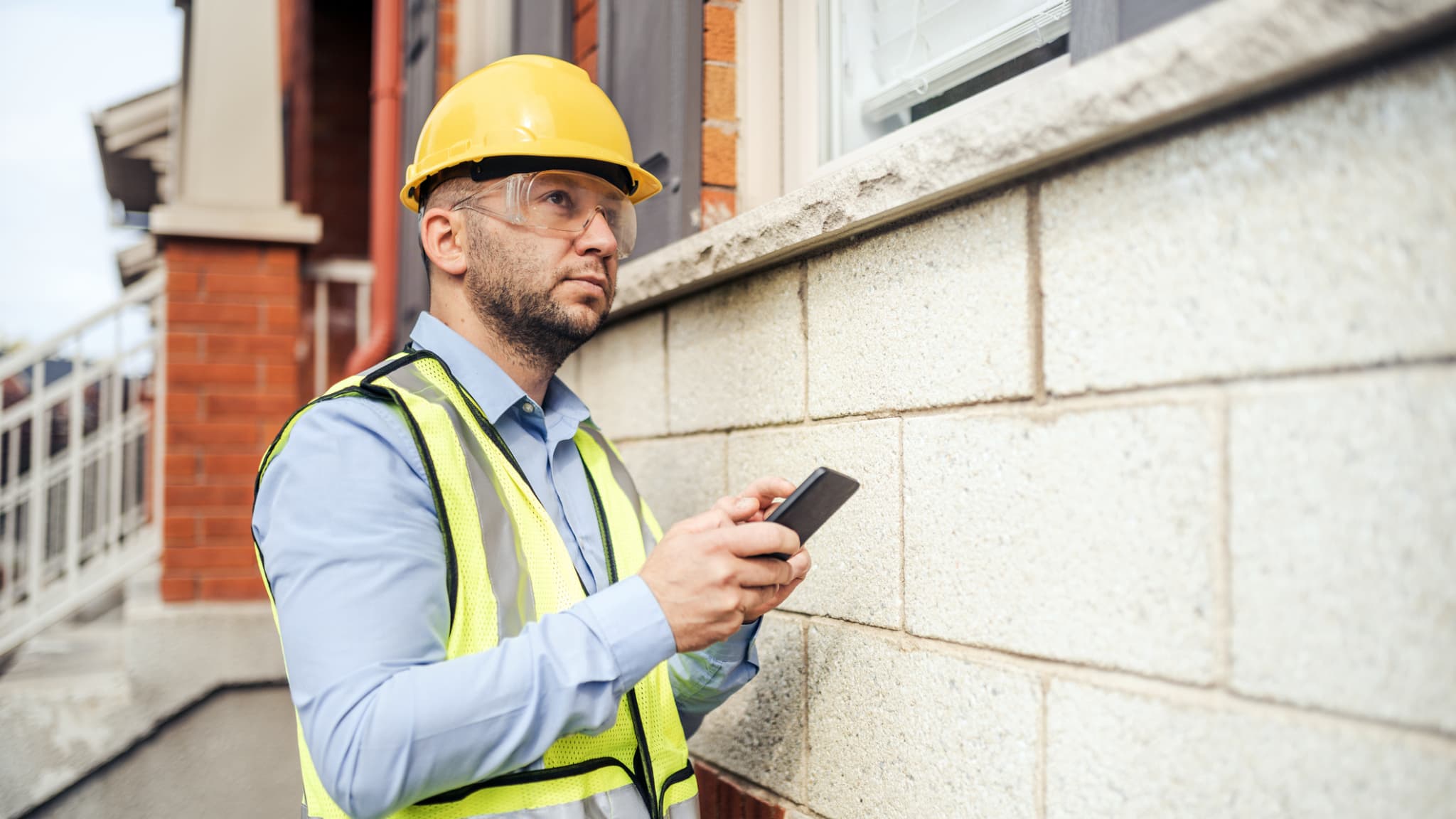In accordance with the Climate and Resilience Law, all French co-owners must comply with the obligations of diagnosis and energy renewal from 2023. This welcome measure aims to fight against energy leaks, but not only. It also allows to reduce costs, enhance the value of buildings and improve the comfort of residents. However, its correct application requires time and great expertise. To help you with your project, Hellio offers you personalized support to bring your condominiums into compliance.
To encourage the energy renovation of condominiums, the Climate and Resilience Law requires them to carry out a draft multi-year work plan (PPPT), as well as an energy performance diagnosis (DPE) according to a very specific schedule.
The schedule for PPPT and DPE obligations depends on the size of the condominiums. The objective is clear, it is a priority to reduce the energy consumption of the largest buildings, and therefore the most energy intensive. In detail, the calendar looks like this:
- Co-ownership of more than 200 lots : 2023 for the obligation to develop a PPPT, 2024 for the DPE;
- Co-ownership comprising between 50 and 200 lots : 2024 for the PPPT, 2025 for the DPE;
- Co-ownership of less than 50 lots : 2025 for the PPPT, 2026 for the DPE.
While this measure is welcomed, if only to reduce the impact of French real estate on the climate, its implementation requires time and expertise. This is why it is recommended to seek support from an energy renovation professional like Hellio. This will avoid any unpleasant surprises, while ensuring that you optimize the energy performance of your condominium as much as possible.
Hellio to support the compliance of your properties
Engaged for more than 15 years in the energy management sector, Hellio offers you comprehensive and personalized support to ensure that your condominium meets its obligations in relation to the Climate and Resilience Act. The teams of experts must first carry out an analysis of the building, to make a complete inventory of the co-ownership. This includes examining the condition of the envelope, the visible structure, the common equipment (heating, ventilation), and also all the common facilities.
Hellio then carries out a collective DPE to integrate the energy performance in the work plan. Valid for 10 years, it will be attached to the PPPT. Covers common and private areas. To do so, the diagnosis will visit a certain number of homes according to the size of the co-ownership, as well as a home of each type on the high, low, and intermediate floors.
These various stages lead to the creation of the PPPT, which includes:
- The list of works necessary to safeguard the building, preserve the health and safety of the occupants, achieve energy savings and reduce CO2 emissions;
- An estimate of the level of performance that the employee will achieve;
- A summary estimate of the cost of this work and its priority;
- A proposed schedule of the work that seems necessary to be carried out in the next ten years.
The energy audit to further reduce the consumption of your condominiums
Some co-owners want to take advantage of the PPPT and DPE obligations provided by the Climate and Resilience Law to carry out an energy audit of their building. If you choose Hello as a partner in your projectplease note that this possibility is offered as an option.
More complete than the collective DPE, the energy audit aims to establish different work scenarios that allow to achieve savings of up to 35% in the energy consumption of the co-ownership. In addition, this audit can be used to make up all the financing files that can be mobilized for high performance renovation projects (MaPrimeRenov’ Copropriétés, Coup de Pouce Global Renovation CEE etc.).

